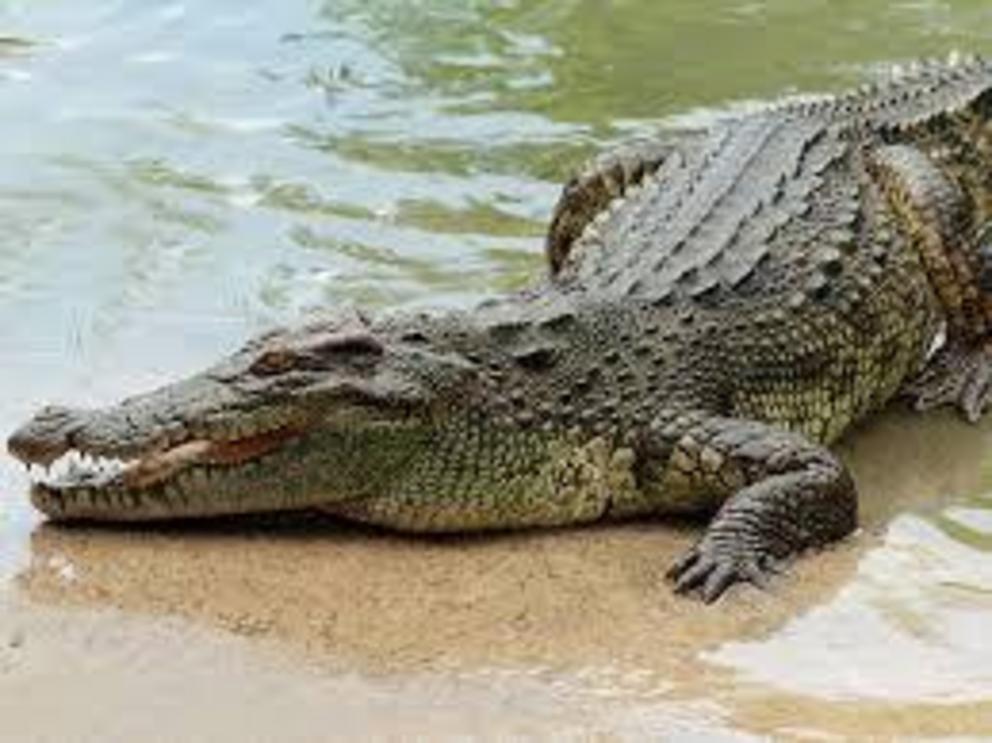How did crocodiles survive asteroid strike which wiped out the dinosaurs? New study offers insight
Crocs are well suited to land and water and can go long periods without food
Having survived the meteor impact that wiped out the dinosaurs millions of years ago, crocodiles are one of the most resilient animals on Earth.
But their success is not due to evolutionary progress. Rather, it is a lack of change which means that the reptiles continue to thrive.
That's the conclusion from a study published in the Nature Communications Biology journal on Thursday.
According to the paper, crocodiles found a body type that suits them through a pattern of evolution known as "punctuated equilibrium".
Lead author Dr Max Stockdale, from the University of Bristol’s School of Geographical Sciences, said: “Our analysis used a machine-learning algorithm to estimate rates of evolution.
"Evolutionary rate is the amount of change that has taken place over a given amount of time, which we can work out by comparing measurements from fossils and taking into account how old they are.
He added: “For our study, we measured body size, which is important because it interacts with how fast animals grow, how much food they need, how big their populations are and how likely they are to become extinct.”
The findings appear to show that the limited diversity of crocodiles and their apparent lack of evolution is the result of a slow evolutionary rate.
Crocodiles are well suited to land and water and can go long periods without food. This flexibility may help to explain why they outlived their ancestors.
Dr Stockdale added: "Our research strongly suggests crocodilians have remained unchanged for such a very long time because they have landed upon an equilibrium state that does not require them to change often."
“It is fascinating to see how intricate a relationship exists between the earth and the living things we share it with.
"The crocodiles landed upon a lifestyle that was versatile enough to adapt to the enormous environmental changes that have taken place since the dinosaurs were around.”

